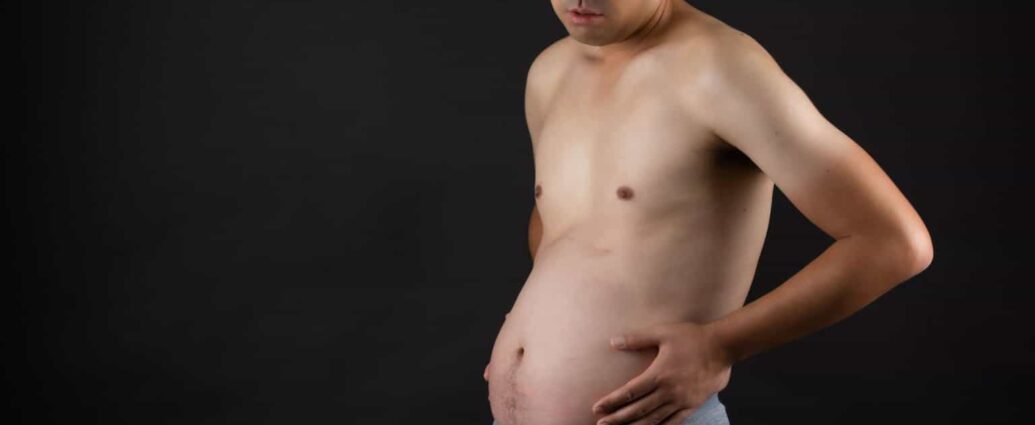The risk of testosterone deficiency is higher in men who are obese and consume a refined diet that scores high in the Dietary Inflammatory Index (DII), according to new research carried out by researchers from Western China Hospital and Sichuan University in Chengdu and published in The Journal of Urology.
While these findings do not prove causation, they do support previous research suggesting that a pro-inflammatory diet may contribute to testosterone deficiency, among other potentially debilitating health problems, says the research has been led by Qiu Shi and Zhang Chichen, and collected by Europa Press.
Testosterone is a male sex hormone that plays an important role in reproduction and sexual function. However, between 20 and 50% of American men have testosterone deficiency, defined as a testosterone level below 300 ng/dL (nanograms per deciliter).
Symptoms of testosterone deficiency
Symptoms of testosterone deficiency may include decreased libido, decreased energy, depression, and lack of concentration. In addition, testosterone deficiency is also associated with chronic diseases, including cardiovascular disease and obesity.
It should be remembered that studies in humans and animals have linked testosterone deficiency to people with higher levels of pro-inflammatory cytokines: small proteins released by cells during injury, infection, or in response to inflammatory environmental factors.
In this case, DII helps to assess the inflammatory potential of a person’s diet, particularly about other health markers. The researchers investigated the relationship between DII and testosterone deficiency in 4,151 men from the National Health and Nutrition Examination Survey, all of whom underwent a 24-hour dietary interview and had sex hormone testing.
For men with the most pro-inflammatory diet, the odds of testosterone deficiency were about 30% higher compared to men with the most anti-inflammatory diet. The research demonstrates that associations remain significant after adjusting for other characteristics, including body mass index and smoking.
The risk of testosterone deficiency was higher in men who were obese and had a higher DII. For this group, according to the study, the odds of deficiency were 60% higher compared to men with obesity who had a lower DII.
